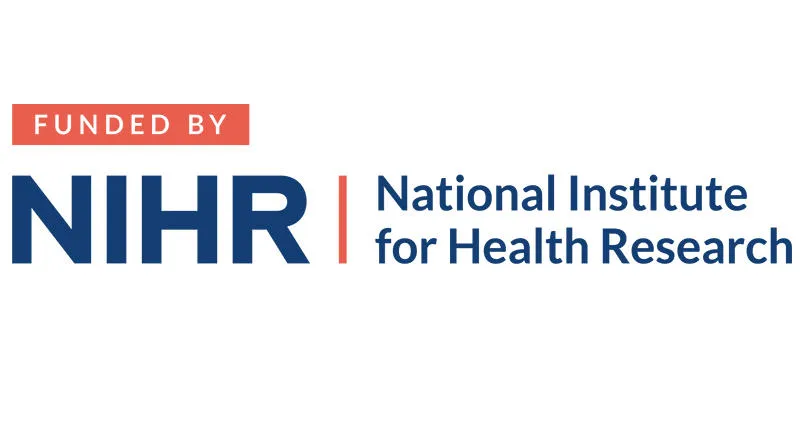The Shawcross Lab investigates how the liver, gut microbiome, and brain interact in chronic liver disease. We develop innovative treatments—such as healthy bacteria transplants and phage therapy—to restore gut health, protect the liver, and improve mental wellbeing.
Liver disease is a silent but fast-growing health crisis. In the UK, deaths from cirrhosis—severe, end-stage liver disease—have risen by 40% in just ten years, making it one of the top causes of lost years of working life. People with cirrhosis often face a chain reaction of problems: a damaged liver disrupts the balance of bacteria in the gut, which in turn can trigger serious infections, confusion and memory problems, and even poor mental health.
At the Shawcross Lab, we explore the hidden links between the liver, gut, and brain. Our goal is to turn this knowledge into new treatments. We’re testing cutting-edge approaches such as faecal microbiota transplantation (the PROMISE Trial), where healthy bacteria are introduced to reset the gut, and phage therapy—using tiny viruses that can precisely target harmful bacteria. By restoring gut health, we aim to protect the liver, sharpen the mind, and improve quality of life.
Our recent work on Artificial Intelligence in Hepatology
Two members of our group recently joined an international panel of 34 hepatology and AI experts to advance the responsible integration of artificial intelligence (AI) into liver disease research and clinical care. The project identified key barriers to AI adoption—such as heterogeneous healthcare infrastructures, limited interoperability of hospital IT systems, and the need for prospective validation—and provided actionable recommendations. These include promoting AI literacy among clinicians, fostering early collaboration between AI researchers and clinical trial teams, and establishing centralized de-identified data sharing. AI is opening new frontiers in how we understand and treat liver diseases, and these recommendations provide a practical blueprint to help translate AI tools from research into real-world clinical practice, particularly in the complex, data-rich field of hepatology.
Read more on the recommendations: https://doi.org/10.1016/j.jhep.2025.07.003

Patient journey through AI-enabled hepatology care.
Flowchart illustrating how patients may benefit from AI support across the care pathway, from home monitoring to hospital discharge. At each stage, AI tools function under clinician supervision, aided by a co-intelligent self-operating agent that reports directly to the clinician and remains fully under their control.
Global Engagement Partnership with Ghana
Professor Debbie Shawcross has been awarded a prestigious King’s Global Engagement Partnership to strengthen research collaborations in Ghana. Working with colleagues at Kwame Nkrumah University of Science and Technology (KNUST), the Kumasi Centre for Collaborative Research (KCCR), and Komfo Anokye Teaching Hospital (KATH), the partnership will advance research into liver disease and antimicrobial resistance across Africa. The award is already catalysing new initiatives, including our team’s contribution to the Coordinated Action for Liver Disease in Africa (EU CALiDA) project, and has inspired further research. For example, team members collaborating with international partners have investigated the trends and future projections of liver cirrhosis in sub-Saharan Africa and the potential impact of hepatitis B vaccination, highlighting both the scale of the challenge and the opportunities for intervention.
Our Partners

The Francis Crick Institute

European Union

MICROB-PREDICT






